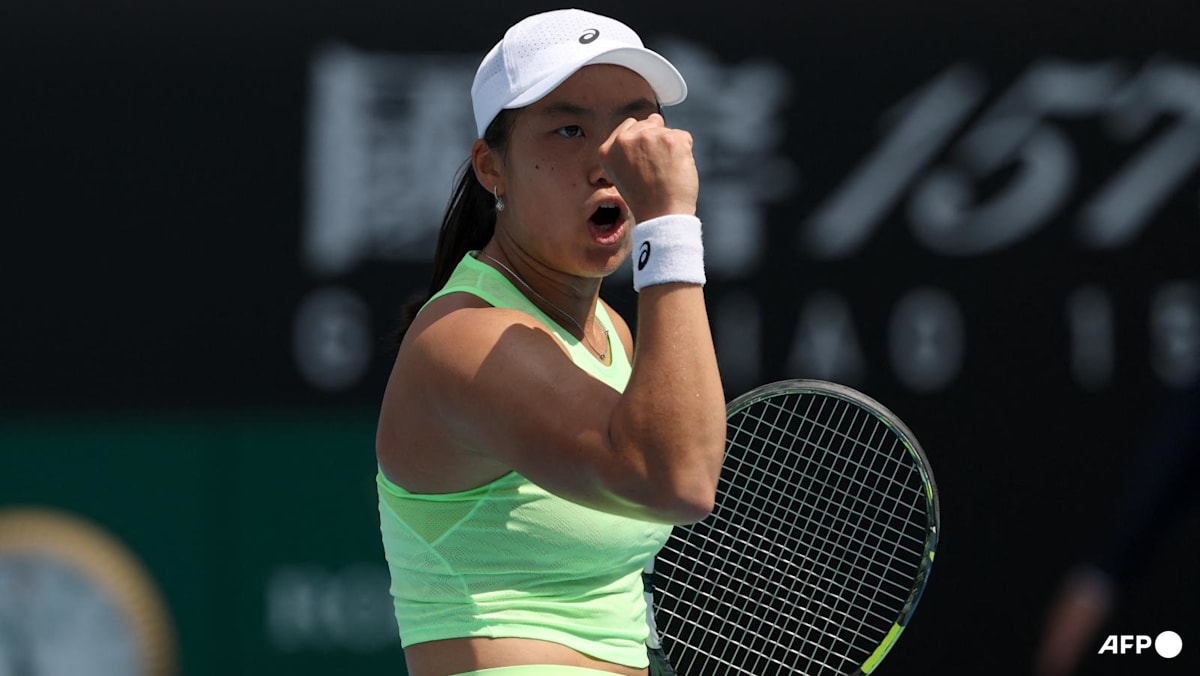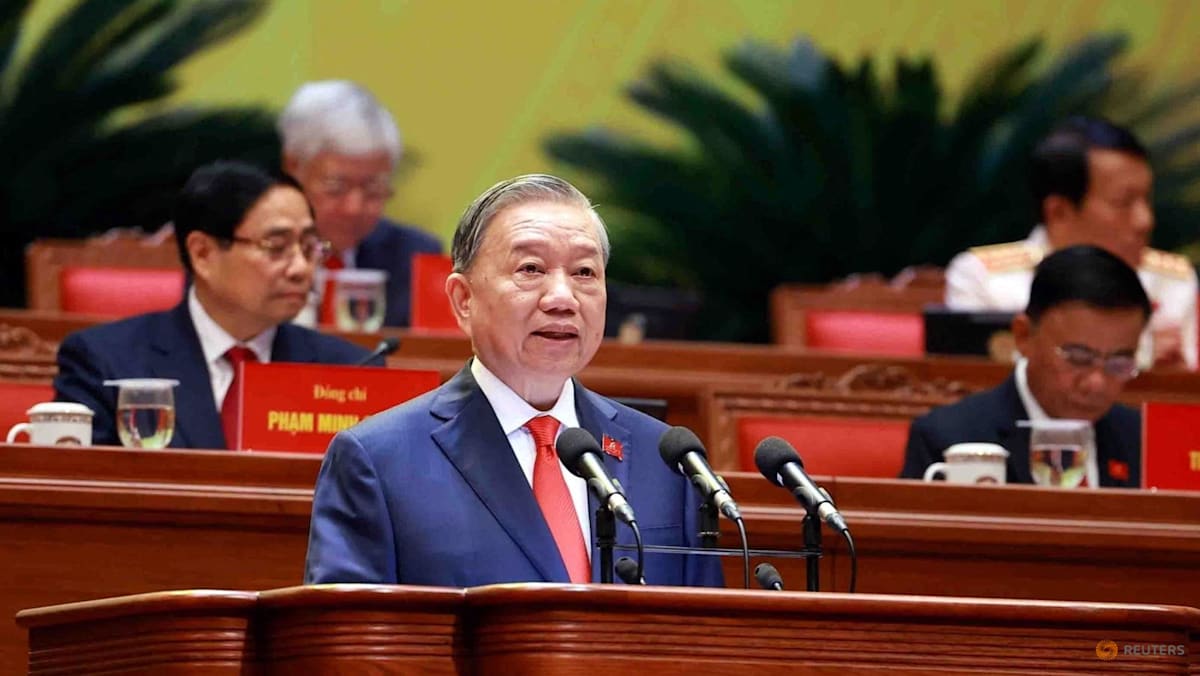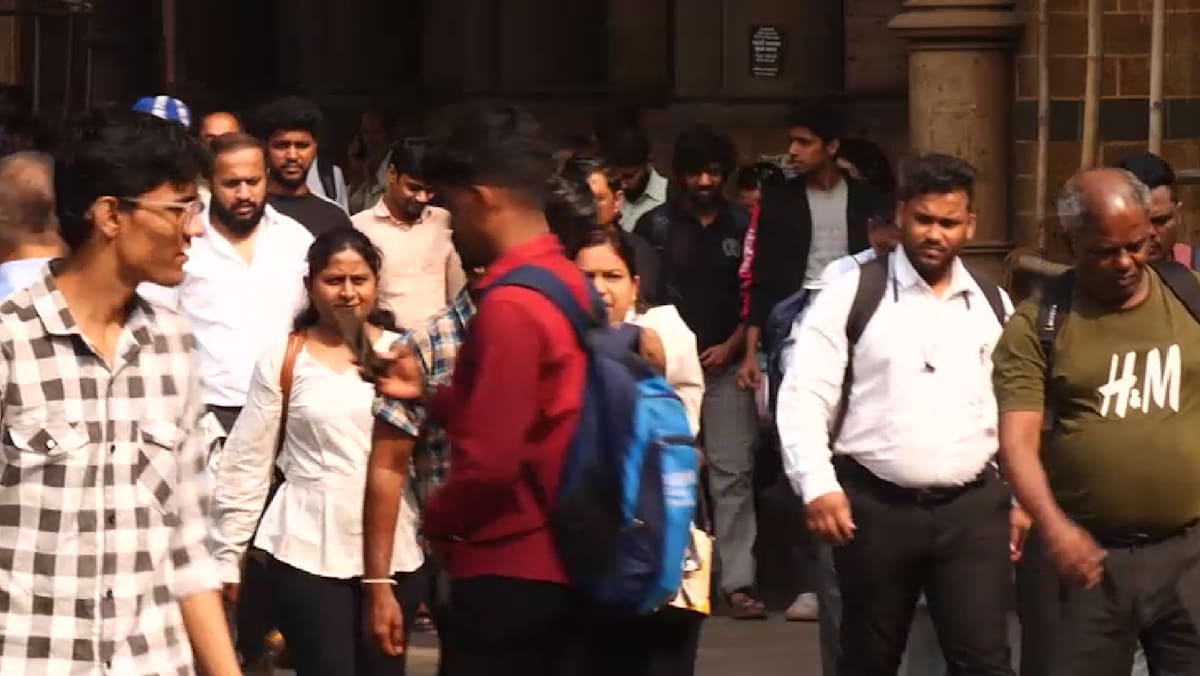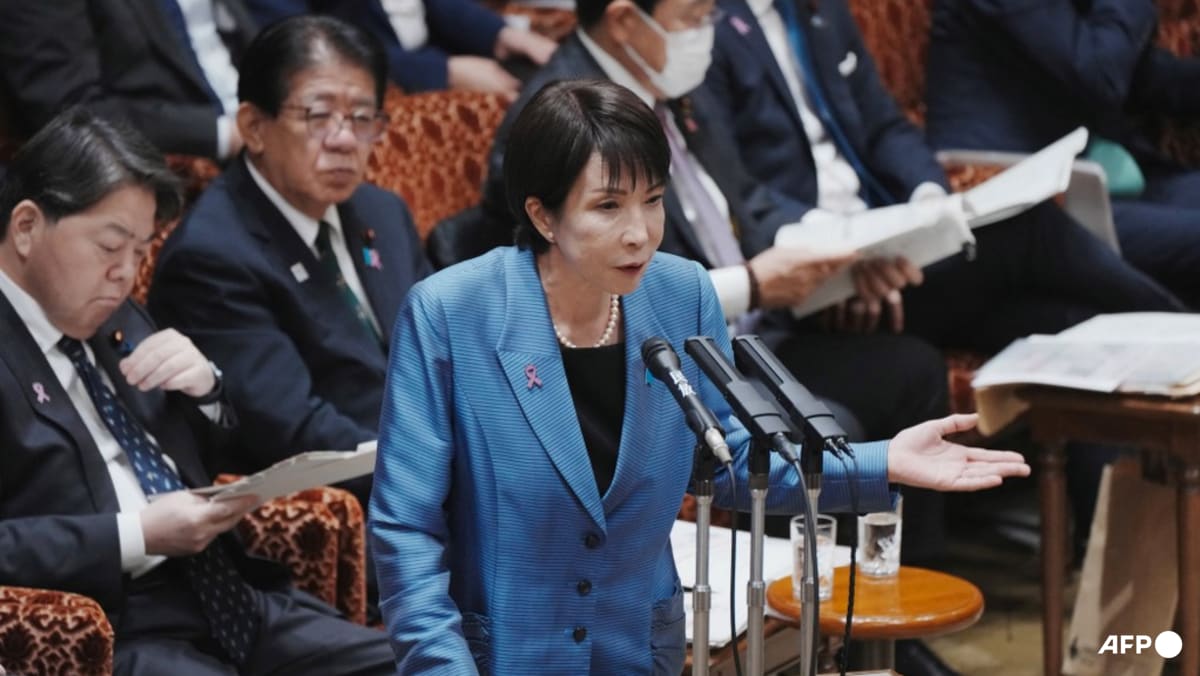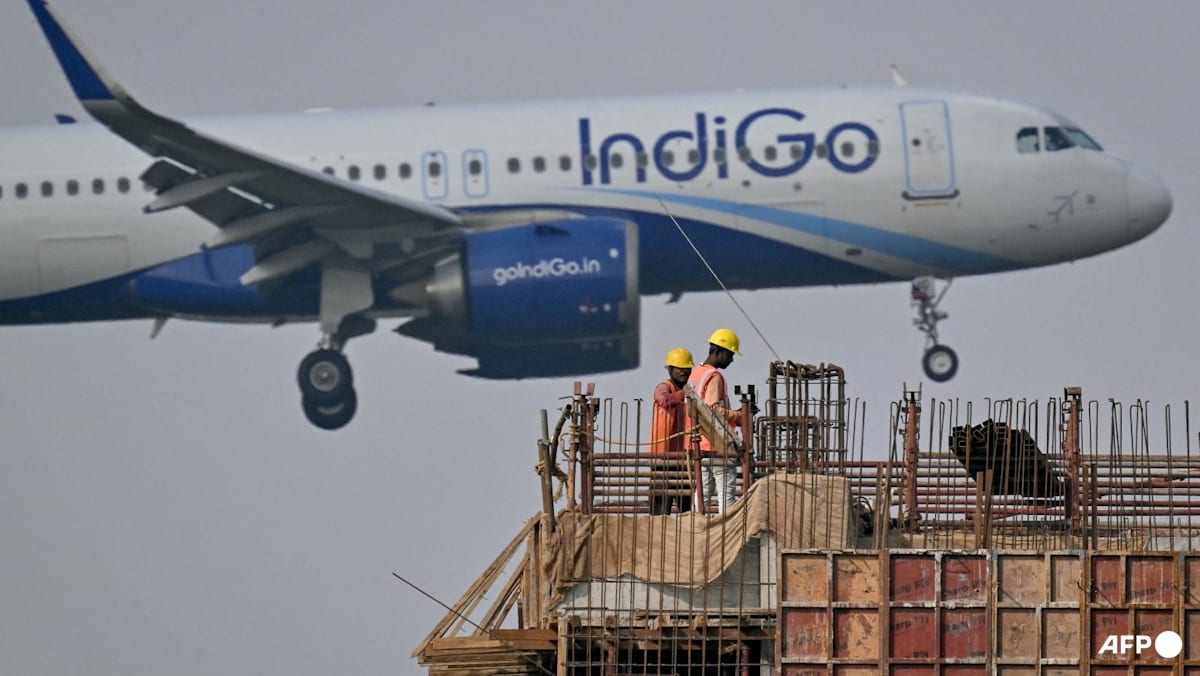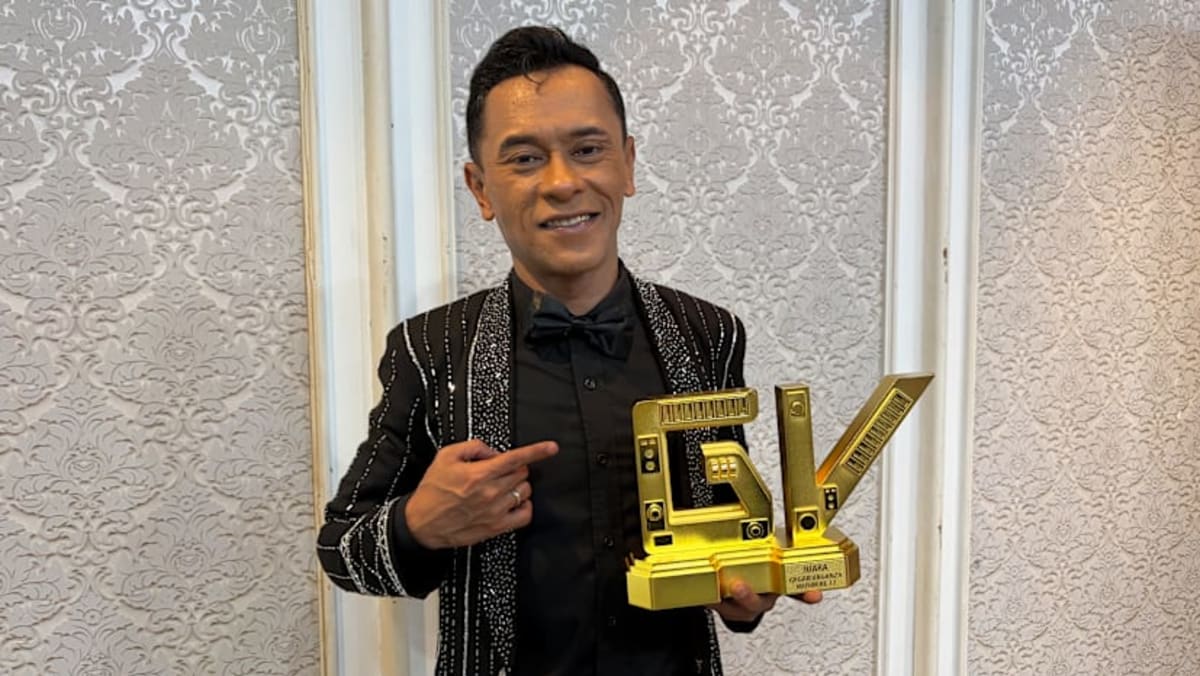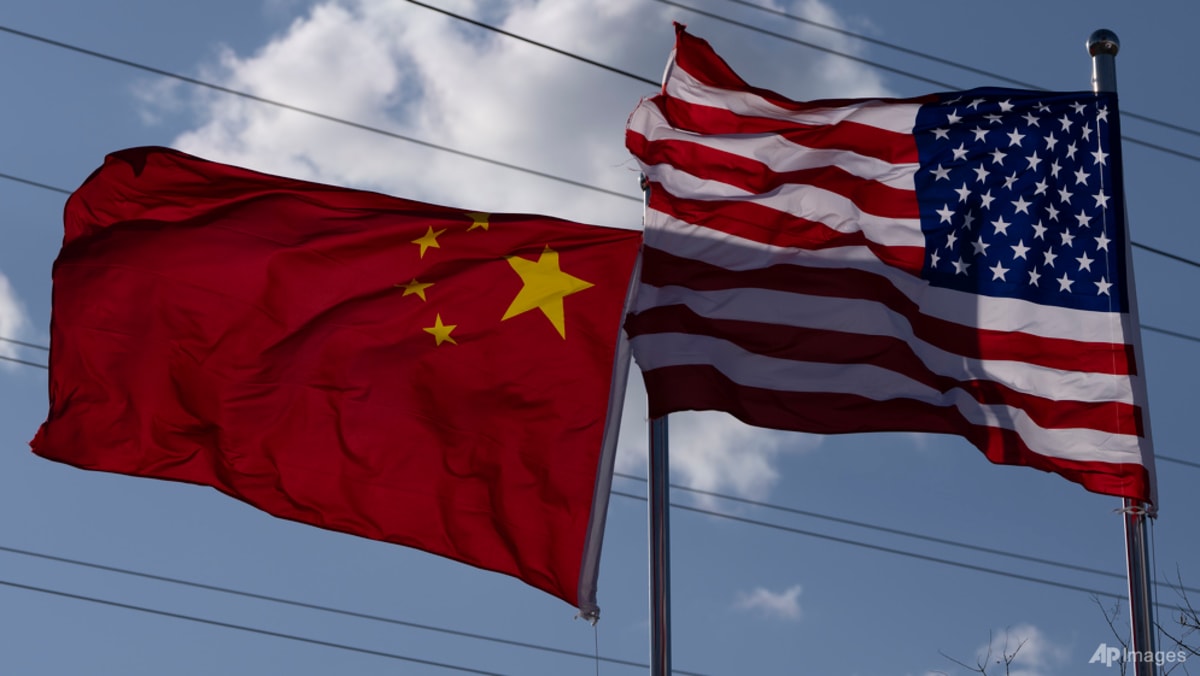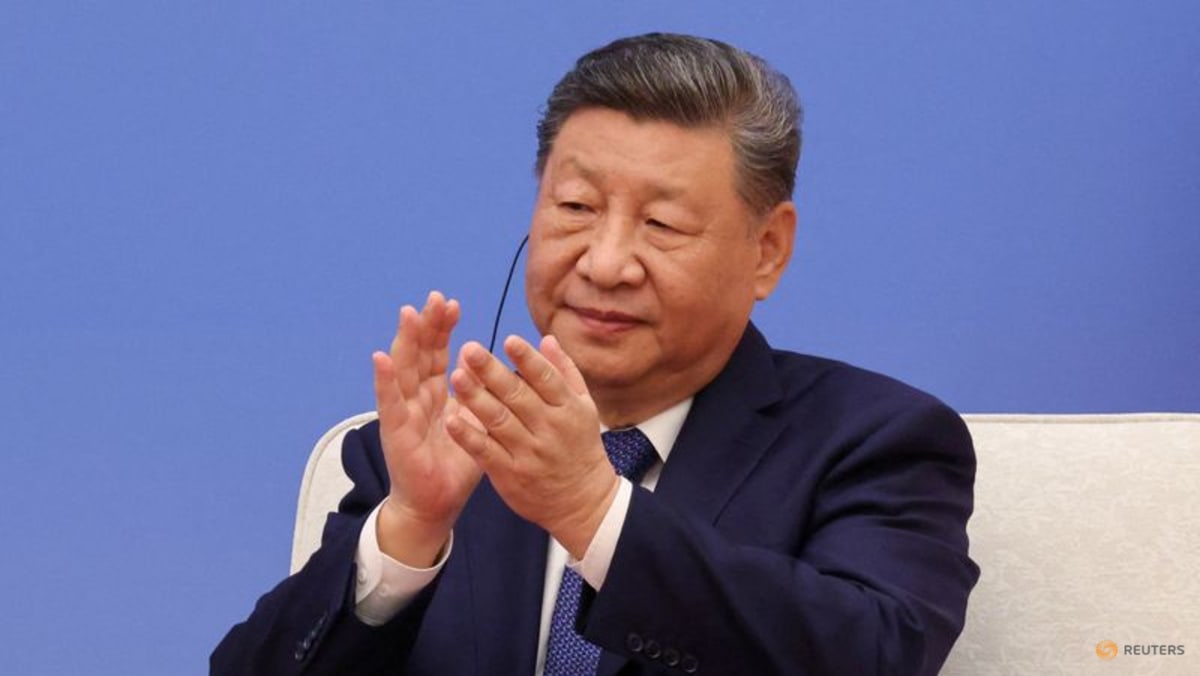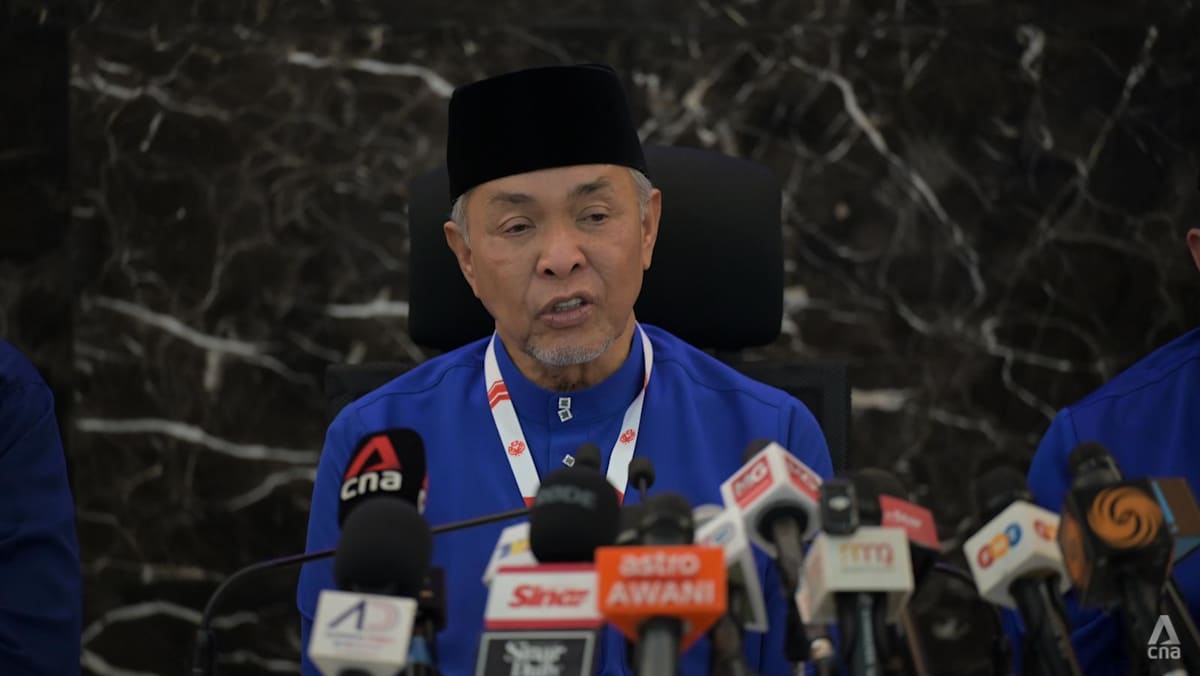Scammers allegedly use Indonesia’s free meal programme to cheat caterers ahead of Jan 6 rollout
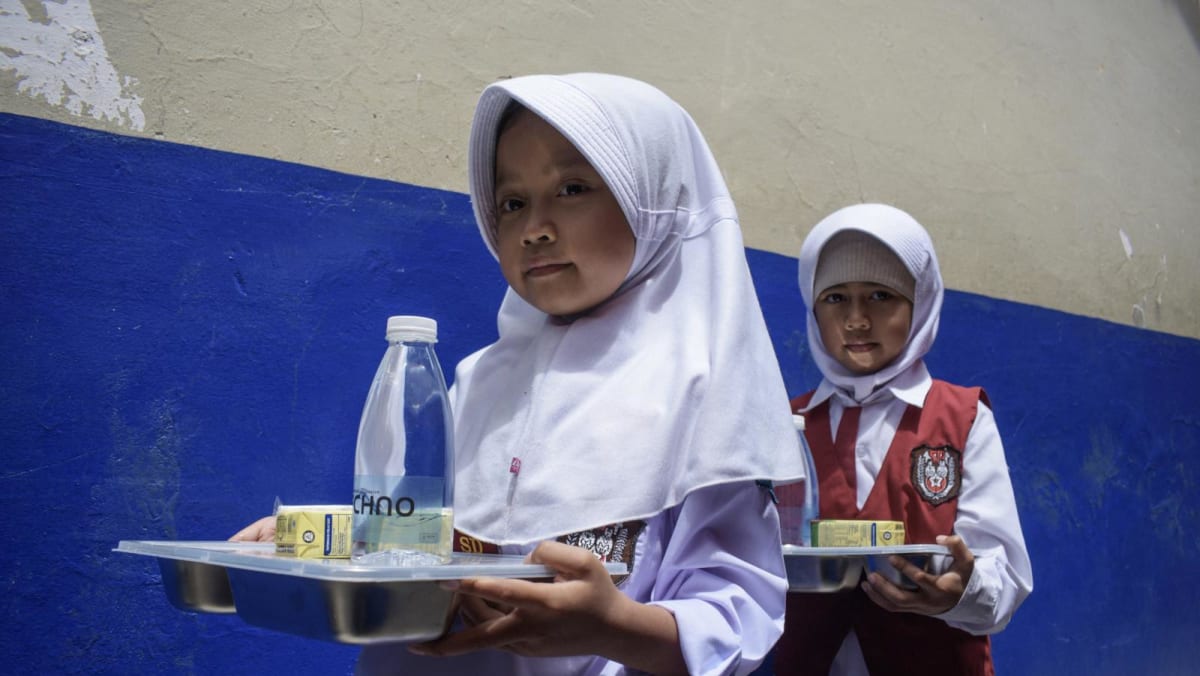
BUY TWO LUNCHBOXES TO EAT FOOD? NO NEED, SAYS AGENCY
Another recent controversy arose from a viral video last month of a parent claiming that an unnamed school wanted extra payment for the lunchboxes.
“The meals are free but you must buy two lunchboxes to eat the food, each one costs 30,000 rupiah (US$1.85), so buying two means you spend 60,000 rupiah per child,” TikTok user @ahmad.lehan6 said in a caption for the clip, which showed what appeared to be a meeting at a school.
The video, posted on Dec 18, has since garnered over 3.5 million views and drawn many comments.
News outlet Tempo reported that one of the comments was from the official TikTok account of Prabowo’s Gerindra party, which asked who provided the information that the meal programme required payment for lunchboxes.
The TikTok user @ahmad.lehan6 replied: “The principal.”
The National Nutrition Agency denied the allegations and maintained the programme is free for recipients.
“The nutritious meal programme is here to make sure that every Indonesian child has access to the nutrition they need for their growth, there should be no levies let alone extra costs for a lunchbox,” the agency’s Lalu said, as quoted by Tempo.
Lalu also asked the public to make a report if they encounter any illegal levy attempt related to the free meal initiative.
“The free meal programme is here to alleviate the parents’ burden, not the other way round,” he said.
The cost and logistics of the free meal programme have been in the spotlight since Prabowo’s election victory in February 2024.
Some 71 trillion rupiah has been allocated for the programme for 2025. In late November last year, the government said it would cut the budget for each meal from 15,000 rupiah to 10,000 rupiah due to fiscal constraints.
Experts have also said logistics will be one of the programme’s biggest challenges due to the cost and challenges of distributing perishable food to the outer islands and remote parts of Indonesia.
The National Nutrition Agency plans to source ingredients from local farmers and livestock producers, and said last week that in areas where cattle are rare, some students would receive moringa leaves for their calcium intake instead.
Source: CNA



